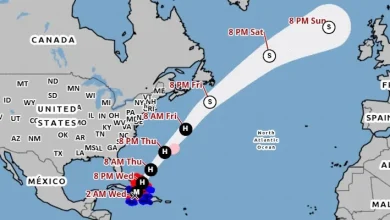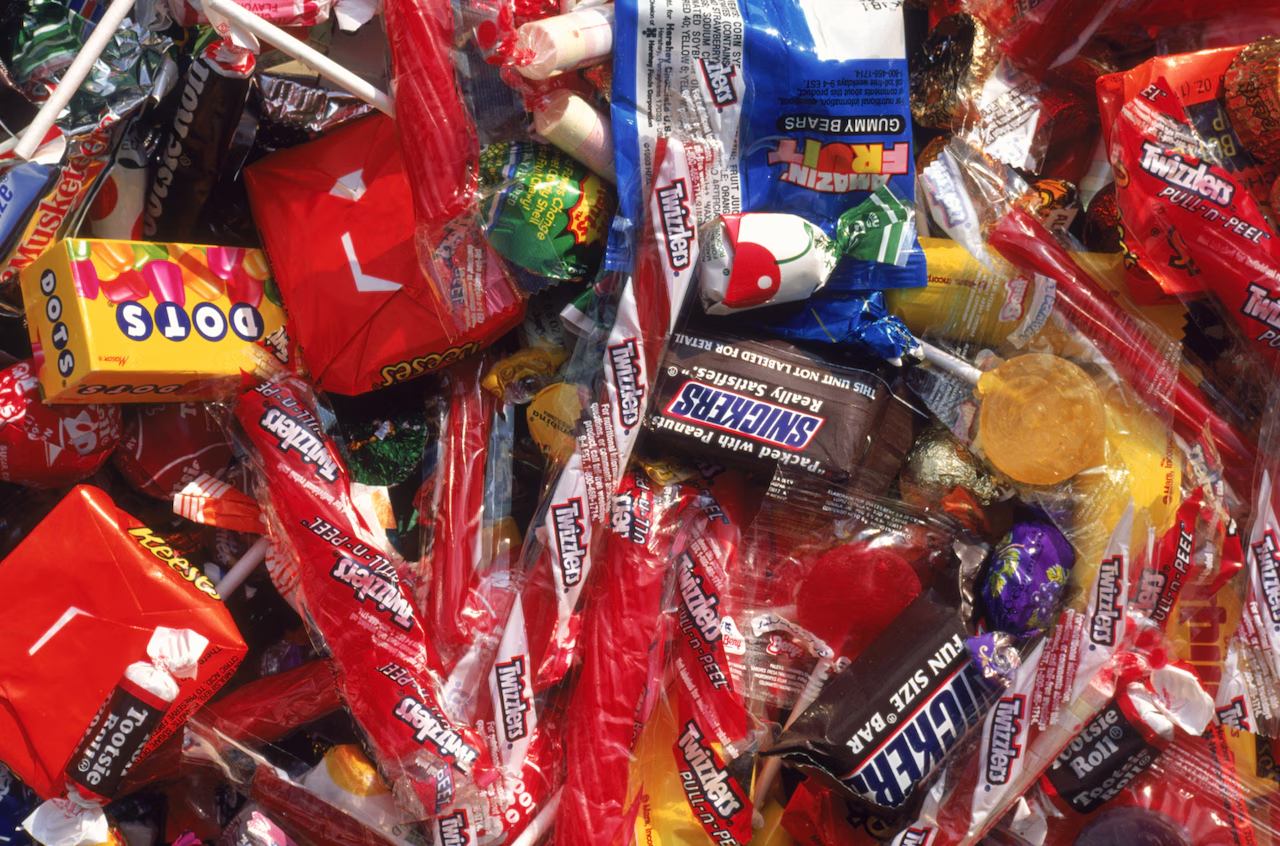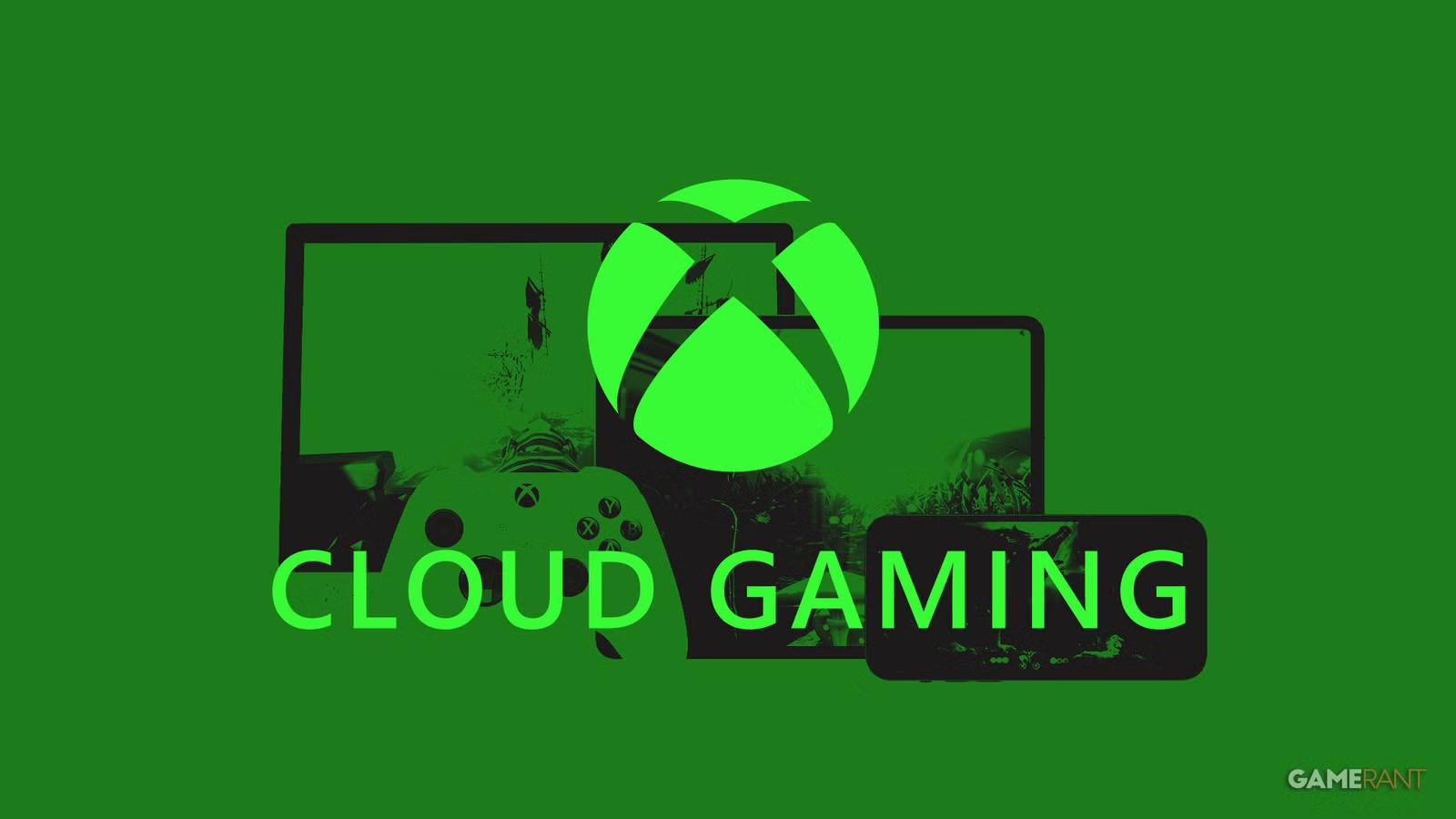Business Brief: Diwali’s light finds cloudy skies

Good morning, and happy Diwali to everyone celebrating today. The five-day festival, observed by more than a billion people worldwide, honours the triumph of light over darkness and good over evil. In Canada, it arrives this year with a sense of whiplash after Ottawa’s abrupt immigration pullback and its scramble to repair relations with New Delhi. That’s in focus today – plus, a breakdown of the provinces keeping their elbows up higher than most.
Up first
In the news
Trade: U.S. automakers are on track to pay US$10-billion in tariffs by the end of October.
Energy: The B.C. government is set to introduce legislation Monday to fast-track construction of a multibillion-dollar power transmission line to the north coast.
China: Ottawa is under pressure to get Beijing to drop canola tariffs without offering lower restrictions on Chinese EVs.
Fraud: Finance Minister François-Philippe Champagne is slated to announce new measures this morning to counter fraud and “strengthen Canadians’ financial security.”
News of these efforts might be welcomed by Prime Minister Mark Carney, whose personal banking information was allegedly accessed in June by a former RBC employee as part of a wider fraud scheme.
Open this photo in gallery:
At the Mr. India grocery store in Mississauga, Ont., Veena Sharma sets up tables of sweets and gift boxes in preparation for Diwali.Chris Wilson-Smith/The Globe and Mail
In focus
Diwali brings a boost of business, and a sense of unease
Veena Sharma paces a table of Diwali decorations as she fields another call, nudging a few gift boxes so they sit just so. From the sputtering rain outside, customers shuffle through the short aisles of Mr. India – a grocery store anchoring a small strip mall in Mississauga – in search of sweets, oil lamps and other necessities.
For Ms. Sharma and her family, who own the store, the stir of life around this time of year is a relief. In a city home to one of Canada’s largest Indian communities, Diwali brings a spending surge that mirrors the US$45-billion in holiday sales across India.
“Diwali time, we make the money to help if we don’t make much the whole year,” she said.
The festival arrives as a balm after another year of slow business, but under a new cloud of global shifts never far from Ms. Sharma’s mind. “The cost of living, tariffs, fewer people spending,” said Ms. Sharma, 76, who came to Canada from northern India in 1974. “It all feels like it’s getting worse day by day.”
Across the surrounding community of about 780,000, where 15 per cent of its residents trace their roots to India, a time of light has been tinged by disquiet – over immigration caps, over Ottawa’s diplomatic whiplash with New Delhi, and even over fireworks. City council decided just last week to continue allowing them on Diwali after staff had recommended a full ban, which had sparked anger among those who said it would have disproportionately hurt families who celebrate Diwali.
High gold prices, driven by investors seeking insurance against economic uncertainty, are weighing on jewellery sales – typically booming during Diwali, when buying gold is believed to invite wealth and good fortune – but none of the seven local retailers contacted by The Globe would say whether the slowdown had reached their stores.
For all of these reasons, a sense of unease across Indo-Canadian hubs would be understandable, said Vina Nadjibulla, vice-president of research and strategy at the Asia Pacific Foundation. But a fraught geopolitical backdrop is not being experienced the same way across such a diverse community, which spans generations, regions and religions. Ottawa’s shifting immigration policies and diplomatic turns with India are being met with the same mix of trepidation and hope as anywhere else, Ms. Nadjibulla said.
A recent poll by the Angus Reid Institute and the Asia Pacific Foundation of Canada found that a majority of Canadians support a diplomatic reset with India, even as views of the country remain largely unfavourable. Canadians are now evenly divided between prioritizing the rule of law and expanding trade – a marked shift from last year, when relations were still raw after then-prime-minister Justin Trudeau accused Indian agents of involvement in a killing on Canadian soil, triggering a diplomatic rupture and an RCMP investigation that later led to arrests.
“People see the headlines shifting so quickly – from diplomatic crisis to talk of trade – and they want to know what’s really changed,” Ms. Nadjibulla said in an interview.
Ottawa’s recalibration is happening against a wider backdrop of protectionism. U.S. President Donald Trump’s trade measures have pushed many countries, including Canada, to set aside diplomatic tensions in favour of economic ties.
At Anjappar, a South Indian restaurant tucked among the tangle of plazas that line Mississauga’s roads, 25-year-old server Ghody Narayanan takes a pragmatic view of her own. She said she supports the immigration reduction but hopes Canada will open its doors more fully once housing and labour conditions improve.
“Right now, the job market is so slow. If they put a restriction on how many people are coming to Canada, people will get more opportunities,” said Ms. Narayanan, who moved from the southern Indian state of Kerala three years ago. “For now.”
Ms. Narayanan said she plans to mark Diwali quietly at home, where she shares a flat with a few others on work visas – though it won’t carry nearly the same intensity as celebrations in Kerala.
But Diwali, Ms. Narayanan said, is about sharing light and friendship wherever she happens to be – qualities she also found in Canada after leaving India “to learn life, to meet different people, and to know different beliefs.”
Charted
Where elbows are still up
Canadians across the board have been staying away from the U.S. border, but not all travel boycotts are equal, and residents of some provinces have cut back on trips to the U.S. more than others.
The lookahead
Also on our radar this week
At home: Today’s corporate sales outlook from the Bank of Canada and tomorrow’s inflation data will help decide whether the central bank will cut its key lending rate again at its Oct. 29 meeting.
At the bell: Toronto Blue Jays owner and broadcaster Rogers Communications reports quarterly earnings on Thursday. A busy U.S. earnings season continues with Netflix, GE Aerospace, Lockheed Martin, Northrop Grumman, Tesla and IBM.
On the links: Playing Scotland’s Old Course was not about the score, Gary Mason writes — it was about the experience. (That’s what I say coming off every course, Gary.)
Buying now: But paying later. Affirm, Klarna and Afterpay are often seen as tools for people with limited finances, but more people – across all income levels – are using them to spend strategically.
Morning update
Global markets were on the rise as traders placed bets on Japanese stimulus and cheered reports suggesting China’s economy was withstanding a U.S. trade war.
Wall Street futures edged higher as investors awaited earnings from corporate heavyweights, while TSX futures followed sentiment higher.
Overseas, the pan-European STOXX 600 was up 0.59 per cent in morning trading. Britain’s FTSE 100 climbed 0.37 per cent, Germany’s DAX gained 1.22 per cent and France’s CAC 40 slipped 0.1 per cent.
In Asia, Japan’s Nikkei closed 3.37 per cent higher, while Hong Kong’s Hang Seng rose 2.42 per cent.
The Canadian dollar traded at 71.26 U.S. cents.





